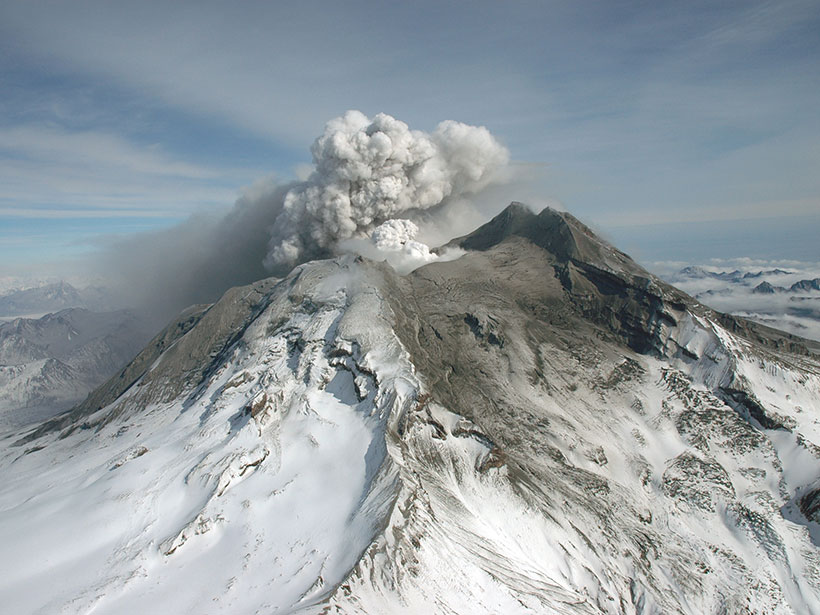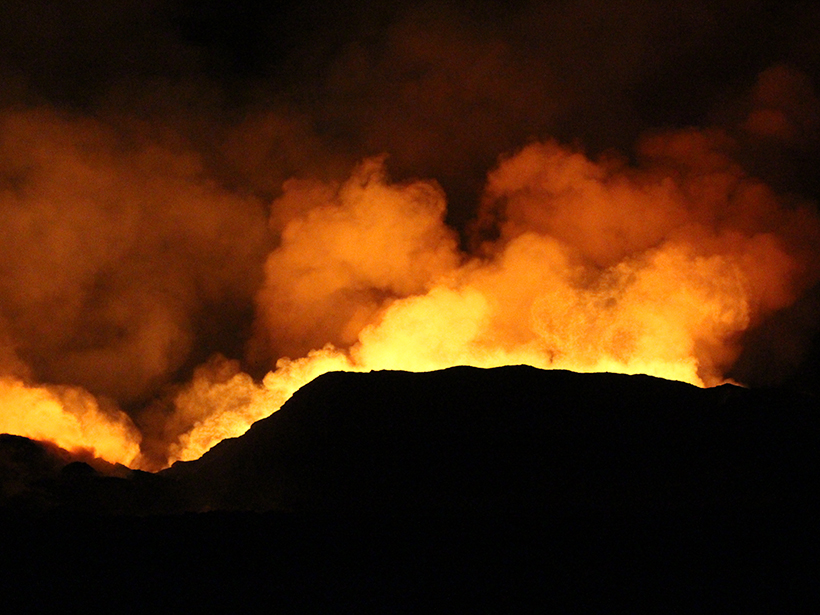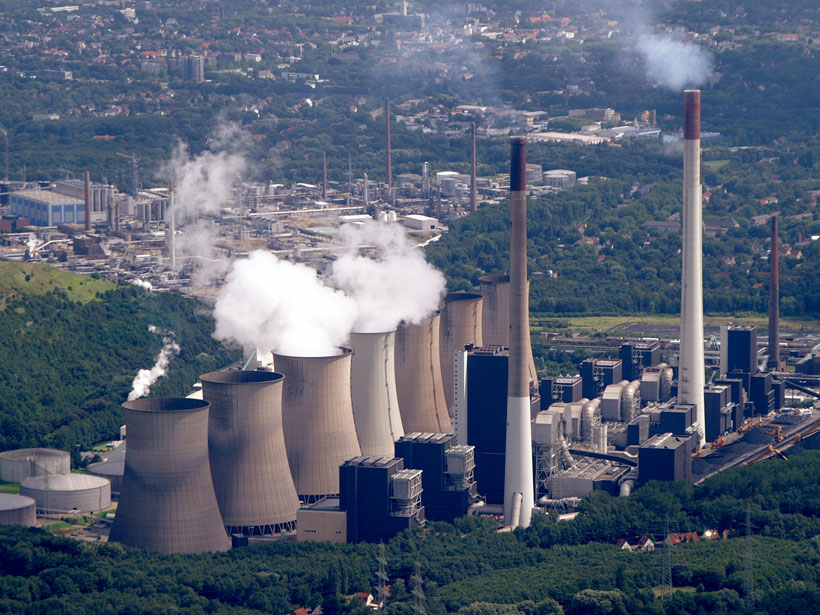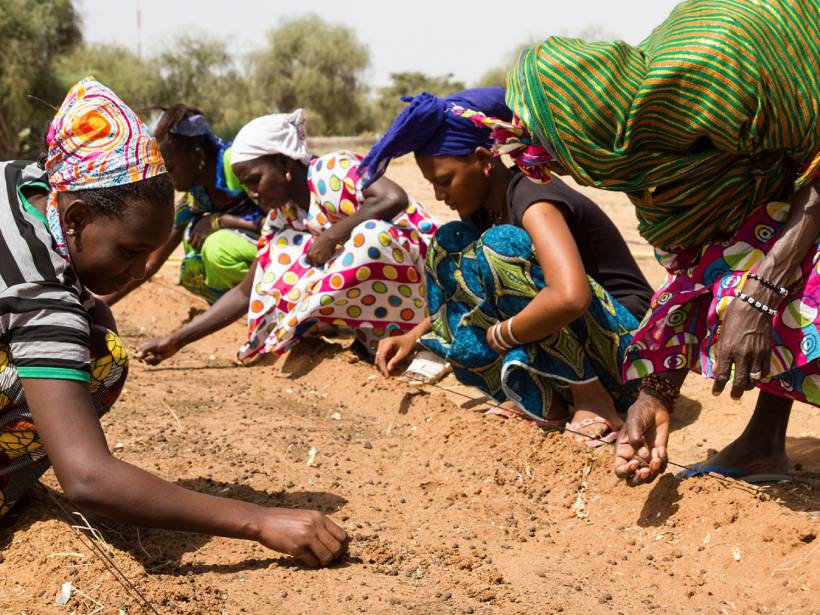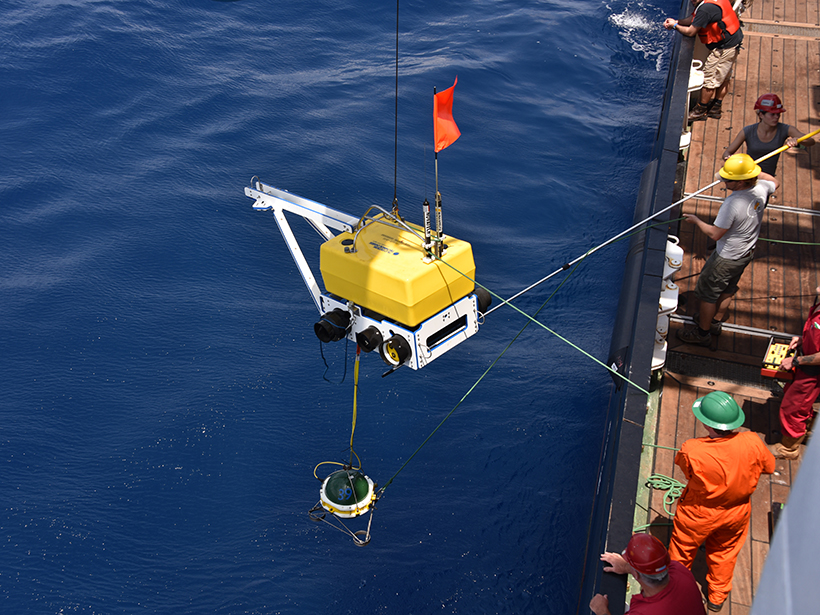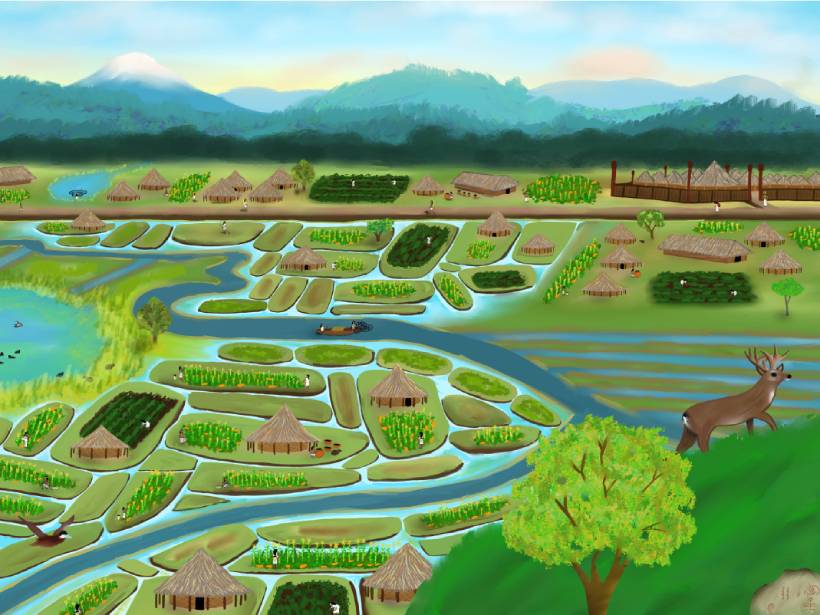A new study of seafloor sediments finds that the temperature record in the early Paleozoic corresponds to significant shifts in the diversity of life on Earth.
News
Volcanic Lands Warm Before Eruptions
Satellite data have revealed that ground radiant temperatures around volcanoes rose in the years leading up to eruptions. The observation may help in forecasting future volcanic activity.
Seven Ways PIs Can Counteract Systemic Bias Right Now
Principal investigators are the monarchs of their science kingdoms. Here are seven things they can do for the betterment of the realm—ehrm, lab group.
Insights from the Depths of Hawaii’s Kīlauea Volcano
One of the world’s best monitored and most active volcanos still has secrets to yield, and researchers are turning to vapor bubbles trapped in melt inclusions to find them.
Superlasers Shed Light on Super-Earth Mantles
By compressing iron oxide to pressures expected inside a large and rocky exoplanet, scientists discovered that such mantles could layer, mix, and flow in ways very different from those inside our planet.
El debate sobre las proyecciones de emisiones energéticas de las Naciones Unidas
Un nuevo estudio encuentra el factor económico que controla la divergencia entre las trayectorias de las emisiones en las evaluaciones climáticas y la realidad.
Teaching Geoscience History in Context
The history of geoscience is filled with racist ideology and problematic foundational figures. A new set of modules aims to help educators by offering more inclusive context for inequities in the field today.
New Funding Fortifies Africa’s Great Green Wall
With increased investment and renewed interest, a project to halt land degradation across the Sahel aims to transform the landscape—and people’s lives.
A New Understanding of the Mid-Atlantic Ridge and Plate Tectonics
The first seismic data obtained directly from the Mid-Atlantic Ridge suggest that upwelling may contribute to seafloor spreading.
Aerial Photographs Uncover Bogotá’s Indigenous Hydraulic System
Complex hydraulic systems built by the Muisca people helped define the vibrant urban wetlands of Colombia’s capital city.


